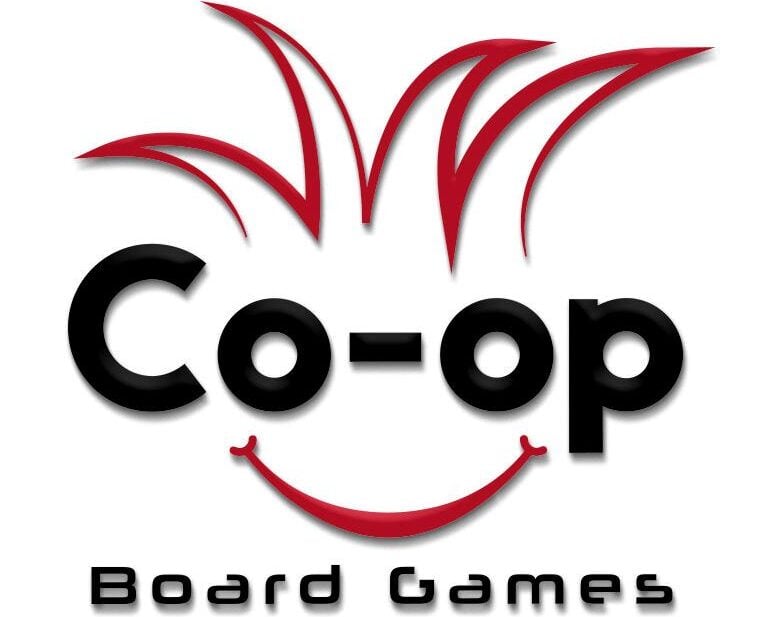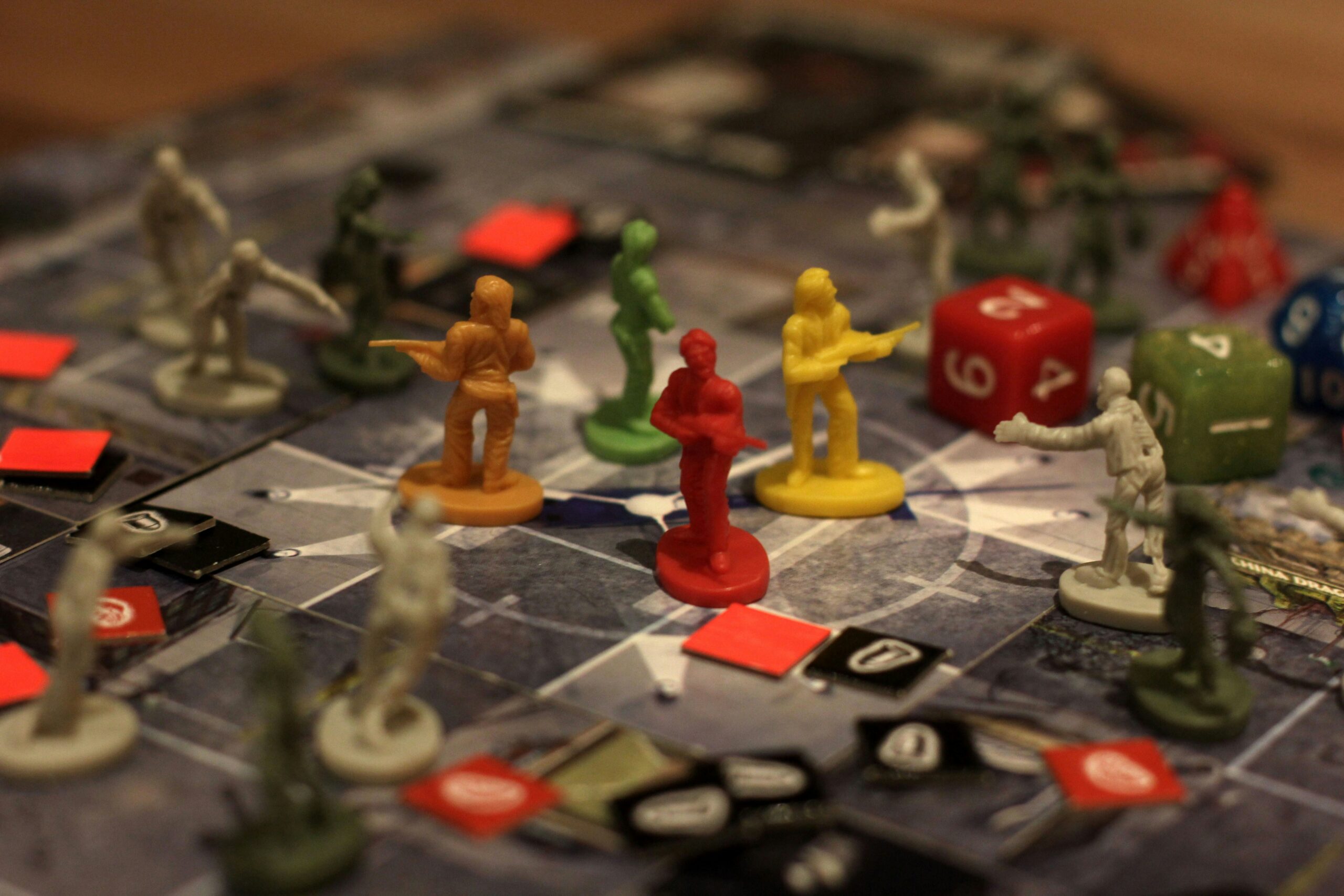The Power of Quick Decisions in Tense Co-op Board Games
If you have ever sat at the table watching threats pile up, you know the feeling. Do we patch the hole in the ship, or push forward on the mission before it is too late?
In those moments of cooperative play, there is no time for perfect calculation. What separates a smooth win from a sudden collapse is often the team’s ability to make fast, confident choices. In co-op board games, hesitation can be just as damaging as a misplayed card or an ill-timed dice roll.
Split-Second Choices and the Cost of Hesitation
In cooperative games driven by urgency, every second spent in debate represents a resource loss: be it actions, momentum, or stability. You might need to rescue an endangered character under escalating pressure, or seize the right moment to advance before the board state tips irrevocably against you.
Quick choices aren’t simply brute reflexes; they are about instantly reading the situation, prioritizing the most critical immediate threat, and trusting your commitment.
This core tension, the battle against a rapidly diminishing window of opportunity, is a shared feature across many high-tension game genres.
For example, digital crash-style games like Aviator casino games utilize a visible risk curve where the reward constantly increases, and players must choose when to cash out before the curve suddenly collapses.
This highly visible, all-or-nothing tension is what fuels these designs, including the kinds of quick-decision games you might find when looking for where to play Aviator games.
The common thread is clear: the crisis escalates visibly, the decision window shrinks, and the team must commit. Quick decisions matter because they stop that hesitation from turning a manageable risk into a full-scale collapse.
The Design of Urgency in Cooperative Games
Co-op design has embraced urgency and tension as core mechanics to make games more engaging. This is achieved by moving beyond simple timers into layered systems of escalating pressure.
Forbidden Island builds tension through the island gradually sinking, while games like Kitchen Rush and Fuse push players into overlapping tasks with sand timers and apps.
Other designs rely on tracks or decks that advance relentlessly. Spirit Island’s Invader Deck and Blight Pool, or the Lord of the Rings LCG’s threat track, ensure the board will overwhelm players who wait too long.
Even The Crew builds urgency by limiting communication, where a quick play must be read and acted on by the next person. Modern co-ops make hesitation costly, so decisive play is not just a trait; it is required for victory.
Overcoming Analysis Paralysis
One of the biggest internal barriers to quick decisions is the fear of Analysis Paralysis (AP). AP occurs when a player freezes due to an overwhelming number of options, attempting to calculate the optimal path rather than accepting the effective one. The fear of making a wrong move feels heavier in co-op games because the failure is shared, affecting the entire group.
Under time pressure, people naturally change how they process information and make faster calls, sometimes at the cost of absolute accuracy. Paradoxically, overthinking often leads to a worse outcome than making a good-enough decision quickly.
For a gaming group, AP is a team productivity killer. When one player enters a prolonged loop of indecision, the collective energy and momentum of the whole table grinds to a halt, often resulting in a frustrated team missing the real window of opportunity. The goal, therefore, must be to shift the focus from finding the absolute best move to finding the best acceptable move now.
Methods for Faster Group Decision-Making
Decision speed is a skill that can be developed within a dedicated gaming group through structure and practice. One foundational approach is establishing heuristics, or simple rules of thumb, before the game begins; this provides a mental default when time is tight.
For instance, teams can agree on operating guidelines like: “Always prioritize clearing the biggest cluster of threat tokens first,” or “When resources are scarce, always advance the main objective.” This gives everyone a default move when higher-level strategy breaks down.
Furthermore, in cooperative games with distinct character roles like Gloomhaven, encouraging role focus naturally speeds up the decision process.
The player designated as the resource manager shouldn’t spend two minutes calculating the best attack plan, nor should the combat specialist agonize over inventory logistics. Narrowing a player’s field of focus reduces the sheer volume of available choices and cuts down on hesitation.
Finally, groups can use simple table rules to keep the play moving. A quick sanity check works: after a move is suggested, give five seconds for any game-ending objection. If none comes, the plan stands, and the team avoids analysis paralysis while keeping pace steady
Why Speed Keeps the Tension Alive?
Co-op board games thrive on escalating tension, and nothing dissipates that tension like hesitation. Quick decisions do not imply reckless play; they reflect a trained ability to trust the group, lean on shared strategic rules, and act before the moment passes.
The next time the pressure mounts at your table, don’t wait for perfection. Make the move, and embrace the thrill of cooperation at full speed.

